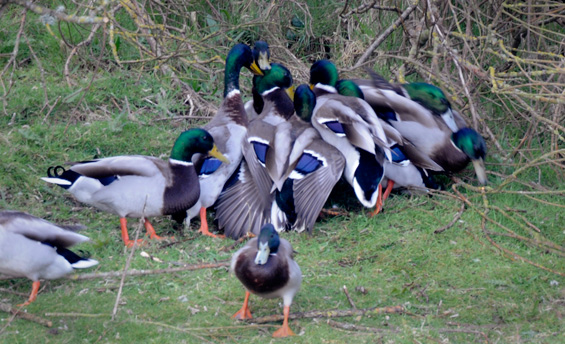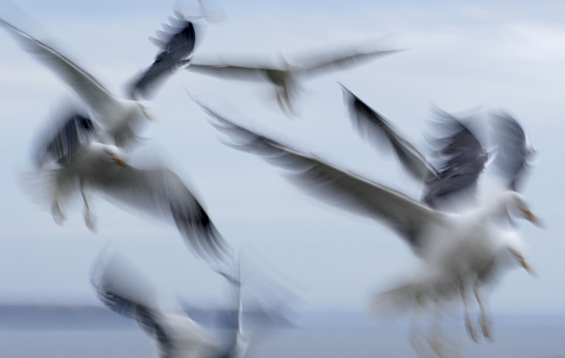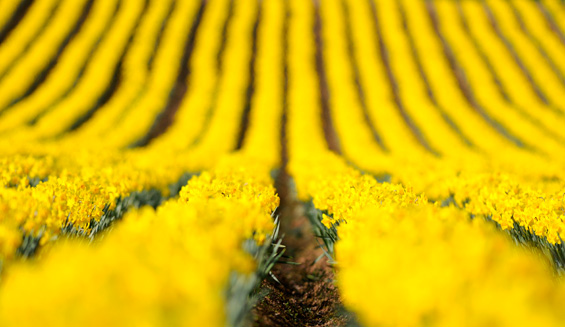Category: Articles
Industrial Landscapes of South Wales: 1

We are really fortunate in South Wales to have such a variety of topographical features within a really small area. Continue reading
Laycock

We took a group of students to Laycock Abbey today, an essential for anyone interested in the history of photography.
Waterfall Course

A really committed group worked the falls today and produced some fine results. We visited two locations around Ystradfellte and thoroughly explored many possible ways to photograph water.
Club Competitions: Good or Bad?

Last night I gave a presentation on environmental portraiture to The Porthcawl and Pyle Photographic Society. During the evening a couple of questions were raised about how a judge would respond to a number of the images I was showing.
Chambre Hardman – At Last!

I was up in Liverpool over Easter and finally managed to get to Chambre Hardman’s studio at 59 Rodney Street.
Spring Walk at Manmoel

The first in a series of walks I’m running with Caerphilly CCBC has come and gone and we were furtunate to have a really fine spring day.
Waterfalls 1
New Equipment – Old Habits

For a long while now I’ve wanted a camera that I can carry around with me, isn’t heavy, has all the manual features I enjoy on a camera and compliments a lot of the long lens photography I’m currently involved with.
Beat the Epson Printer Scam

I print using an Epson R2400 Stylus Printer, which has proved to be a really fine work horse over the years. The other day however, I was a little alarmed to see two red lights flashing in a way I’d never witnessed before and the printer completely unresponsive. When I tried to print I got a message telling me that “Parts inside your printer are at the end of their service lifeâ€
Nant yr Arian and Elan
Mallard Rape

As a postscript to the article and comments posted on ‘On Location in Cumbria: 3‘ from a few weeks back it was interesting to witness a female Mallard being raped at Llanelli today.
Fields of Yellow
Changes Already!

I’ve always said that editing and selection is the hardest part of photography, particularly with your own images and already I’ve changed a couple of the images for the competition!
Wildlife Photographer of the Year Competition

Well I’ve just submitted my images for this competition – as below – So who knows… If you don’t enter you can’t win! You can submit three images per category and as many categories as you like.
The Lark Ascending
Abstract Sheep

Wales has the highest density of sheep in the world, some nine million, so it’s probably not surprising that many landscape images in my collection are dotted with small white specks, and at times I’ve been cloning out these specks not realising they were sheep at all!
On Location in Cumbria: 4 – Waders, Gulls and More

The last posting from my time up in Cumbria. It was good to photograph the Twite and from two different locations. A flock of about 40 were present at Walney Island and later on in the week a group of eight were feeding on Askam pier in some rich low evening light.
On Location in Cumbria: 3 – Ducks, Swans, Coots and a Little Help, Please?

It’s the time of establishing territories displaying and getting on with mating and prolonged stays in hides at this season are likely to produce some good behaviour shots. I’m interested if anyone can shed any light on the male Mallards here and if male on male is common within bird behaviour. It the first time I’ve seen it and I’ve got quite a few images of male on female, as you would normally expect.
On Location in Cumbria: 2 – Red Deer

Many hours were spent in the hides at Leighton Moss and although we were not, on this occasion, fortunate to get any glimpse of the Bitterns, we were rewarded with a couple of brief, but really good, sightings of the small herd of Red Deer that live on the reserve. They are often deep in the reeds but at times break into the open areas to graze.





